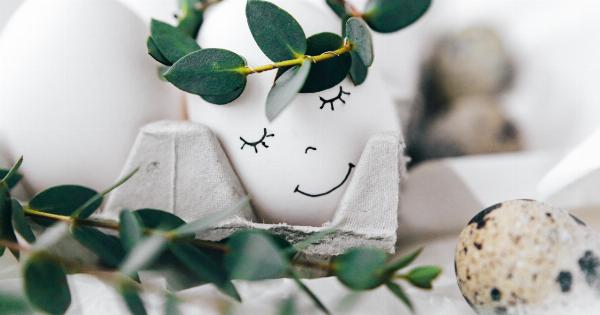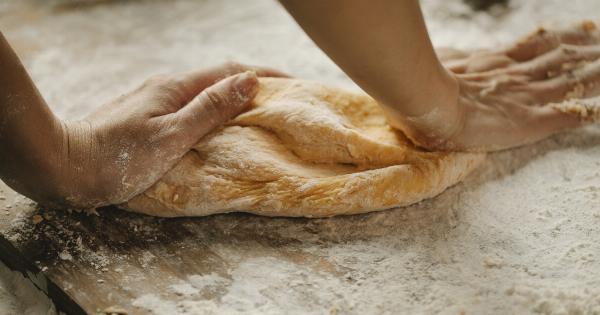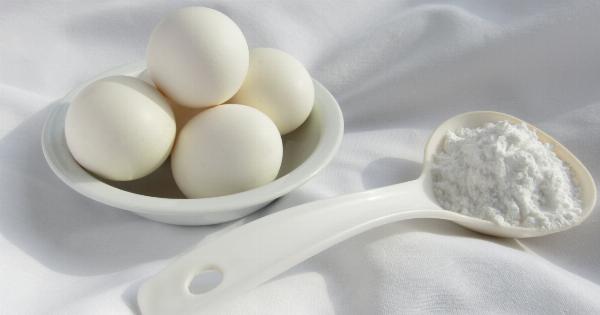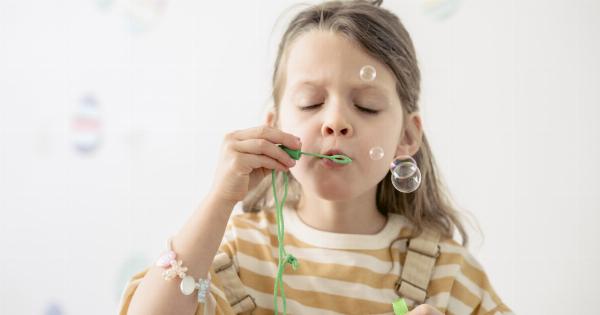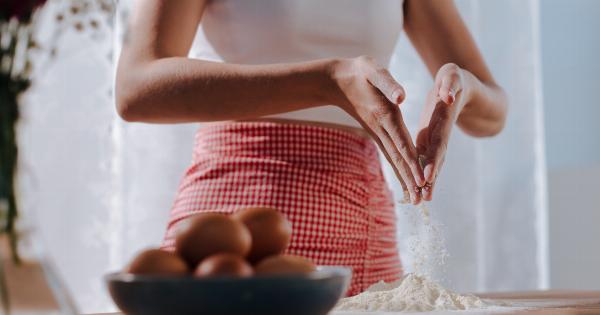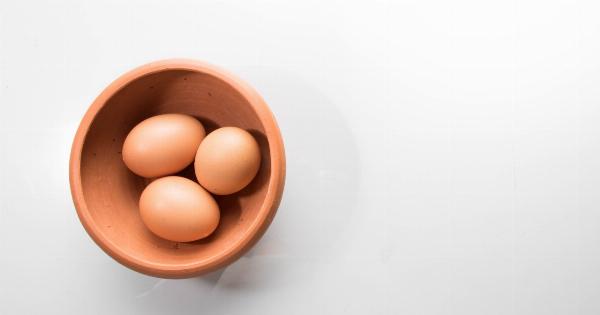Easter eggs are an iconic symbol of the Easter holiday, celebrated in many cultures across the globe. These colorful eggs are often used in various activities such as egg hunts and egg rolling.
But have you ever wondered about the lifespan of Easter eggs and whether they are safe to consume?.
1. How Long Do Easter Eggs Last?
The lifespan of Easter eggs depends on various factors. If the eggs are hard-boiled and properly cooked, they can last up to one week in the refrigerator.
However, if they are left out at room temperature for more than two hours, they should be discarded to avoid the risk of foodborne illnesses.
2. Safety Precautions for Coloring Easter Eggs
Easter egg coloring is a popular tradition, but it’s essential to follow safety precautions to ensure the eggs remain safe to eat. Here are some tips:.
3. Start with Fresh Eggs
Using fresh eggs is crucial to maintain the safety of Easter eggs. Before coloring, check the expiration date on the egg carton to ensure the eggs are still fresh. It’s recommended to use eggs within 3-5 weeks of purchase.
4. Proper Storage of Easter Eggs
If you plan to consume the Easter eggs at a later stage, it’s important to store them safely. After boiling the eggs, let them cool down at room temperature for around two hours.
Afterwards, store them in the refrigerator at temperatures below 40°F (4°C) until you’re ready to enjoy them.
5. Avoid Cracks and Damage
Cracked or damaged eggs can pose a higher risk of bacterial contamination. Inspect the eggs before boiling and discard any that are cracked or have visible damage.
These eggs should not be consumed, as bacteria can more easily enter through the cracks, increasing the risk of foodborne illnesses.
6. Don’t Consume Decorated Eggs
While coloring Easter eggs can be a fun activity, it’s important to remember that the dyes or paints used are not considered edible.
It’s crucial not to consume the shells of these decorated eggs, as the coloring materials may contain chemicals that are unsafe for consumption.
7. Consider Egg Substitutes
If you have concerns about the safety of consuming actual eggs, there are alternative options available. Many stores offer plastic or wooden eggs that can be used for decorating and hunting, eliminating the risk of consuming raw or undercooked eggs.
8. How to Tell If an Easter Egg is Still Good to Eat?
If you’re unsure whether an Easter egg is still safe to eat, you can perform a few simple tests:.
9. The Float Test
Gently place the egg in a bowl of cold water. If it sinks to the bottom and lays flat on its side, it is still fresh. If it tilts upright or floats to the top, it is no longer safe to consume and should be discarded.
10. The Sniff Test
Another way to determine if an Easter egg is still good to eat is by checking its odor. If the egg emits a foul smell, similar to sulfur or a rotten smell, it is best to discard it. Fresh eggs should have a neutral odor.
Conclusion
Easter eggs can be a delightful part of the holiday celebration, but it’s important to handle and store them properly to ensure their safety.
Starting with fresh eggs, avoiding cracks, and practicing good hygiene are essential steps to minimize the risk of foodborne illnesses. By following these guidelines, you can enjoy the Easter tradition without any concerns.






